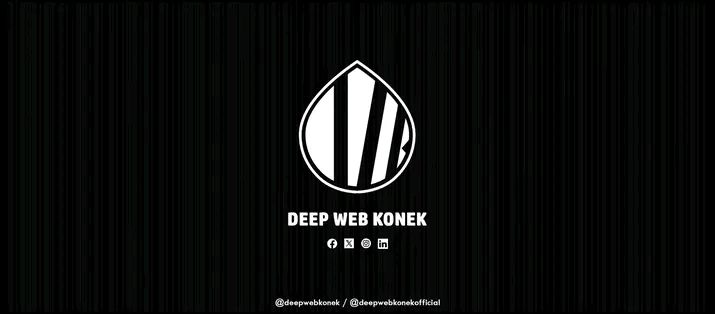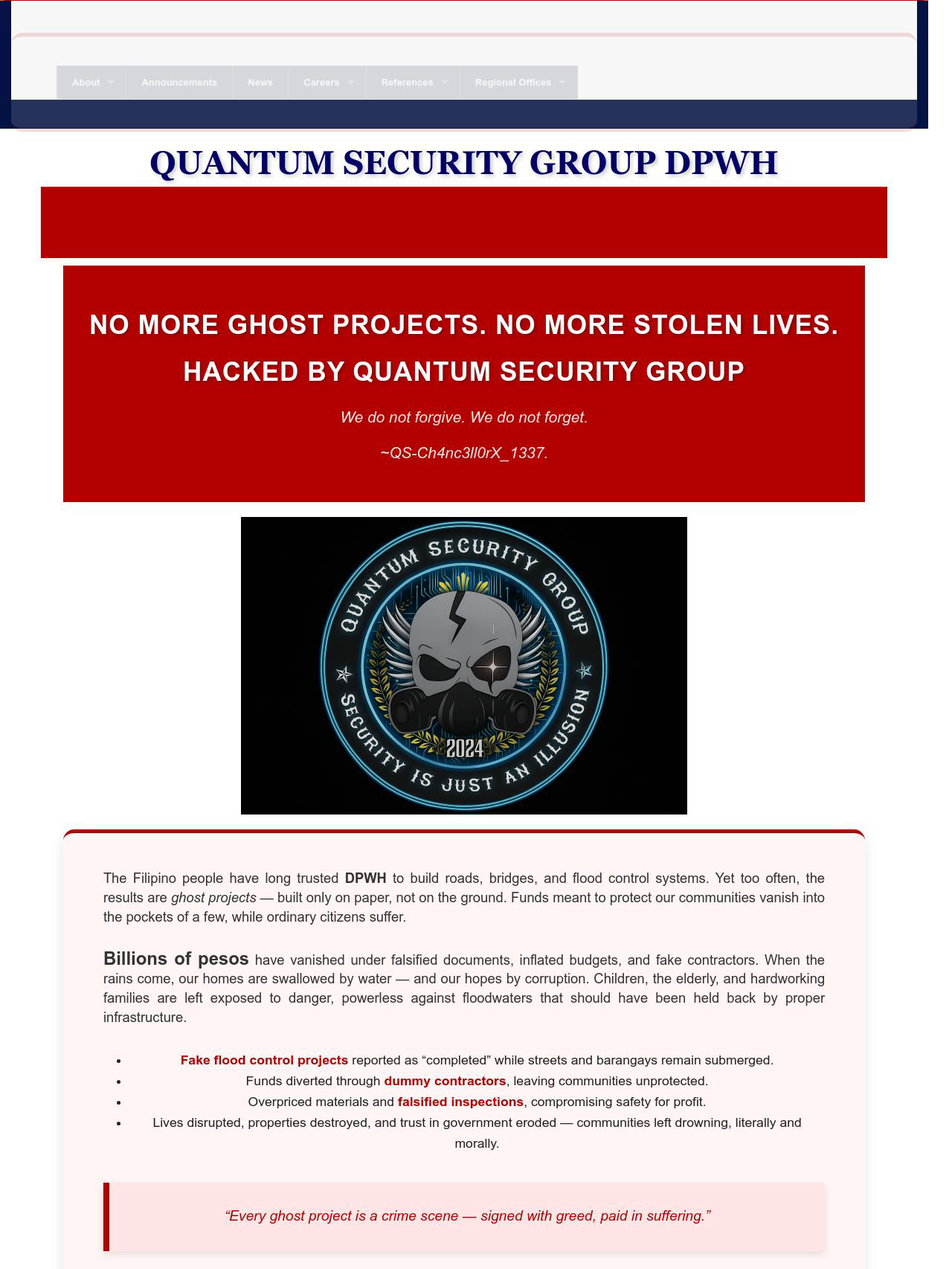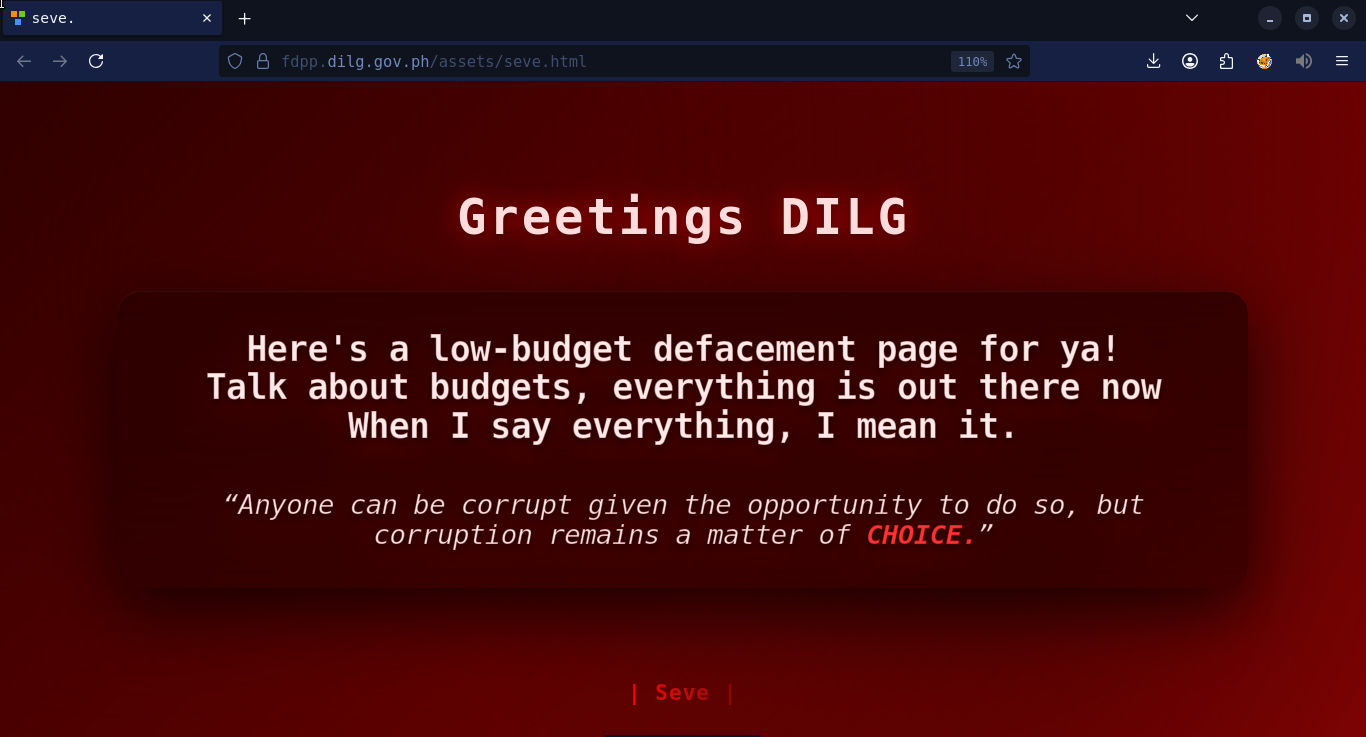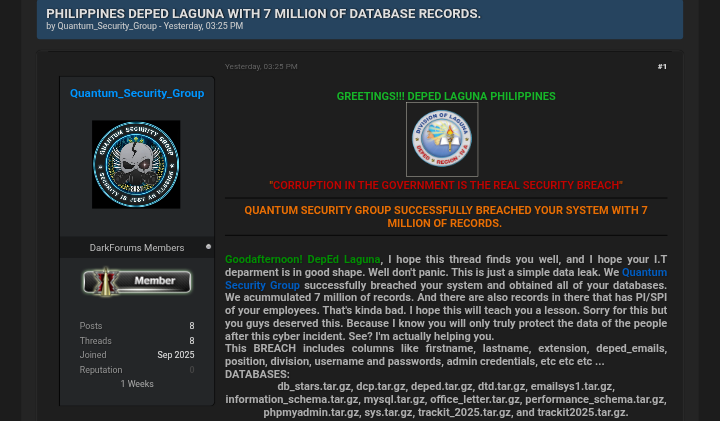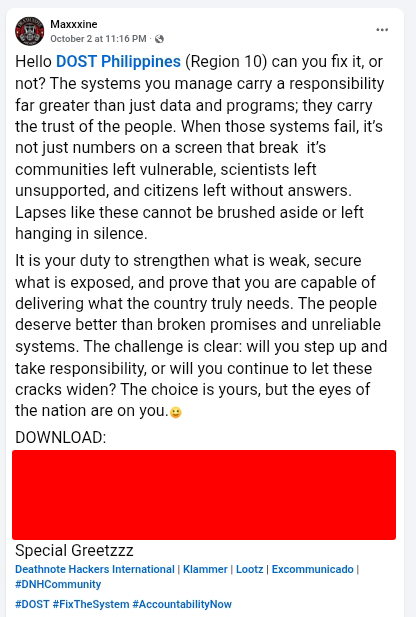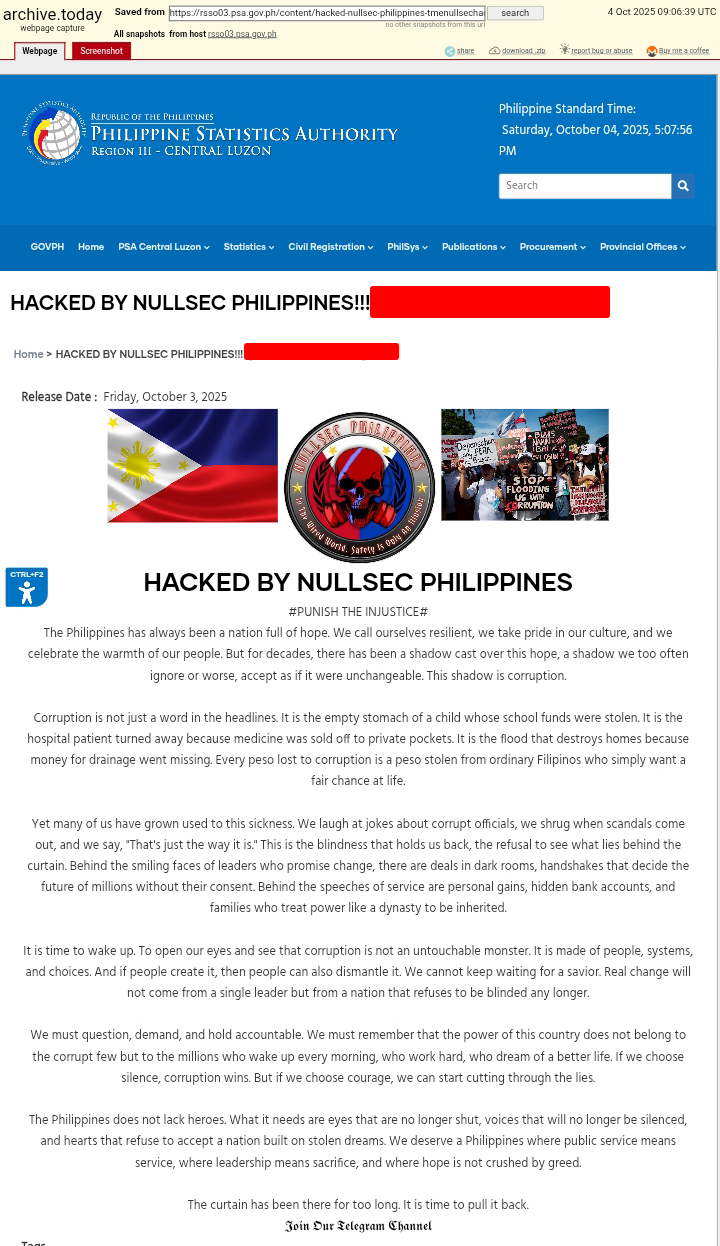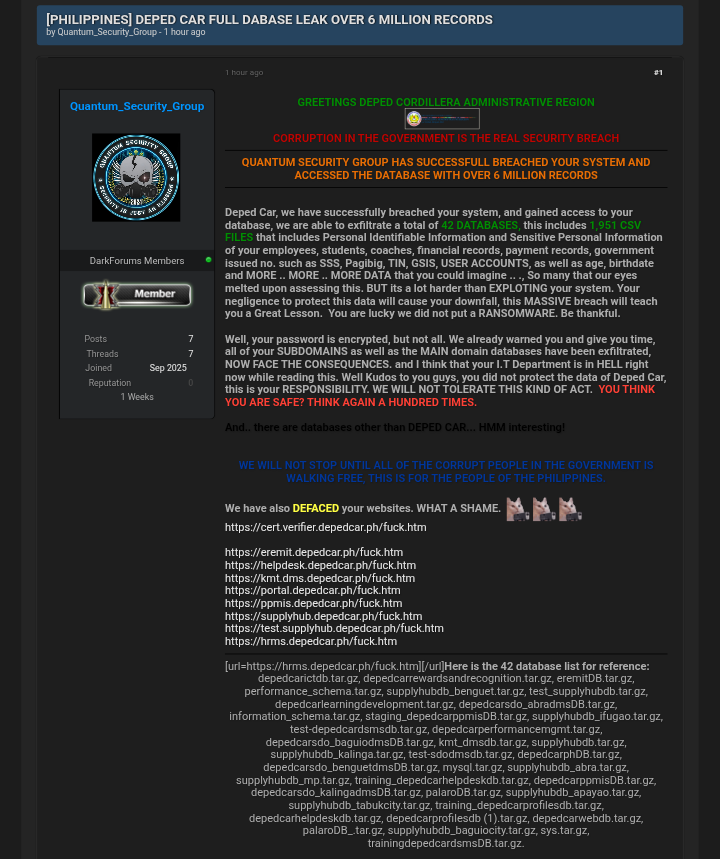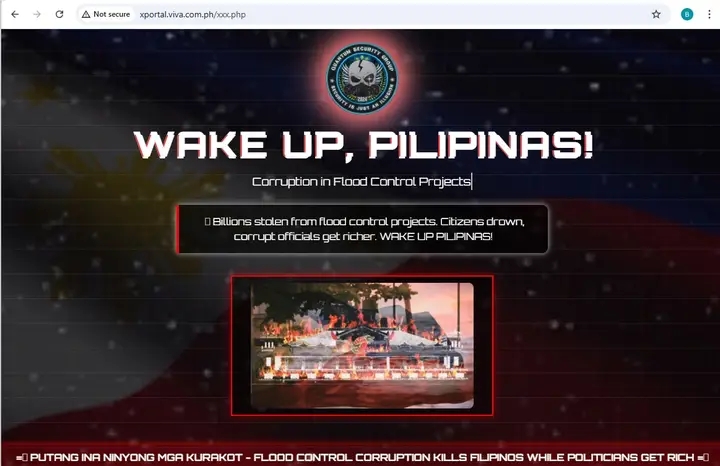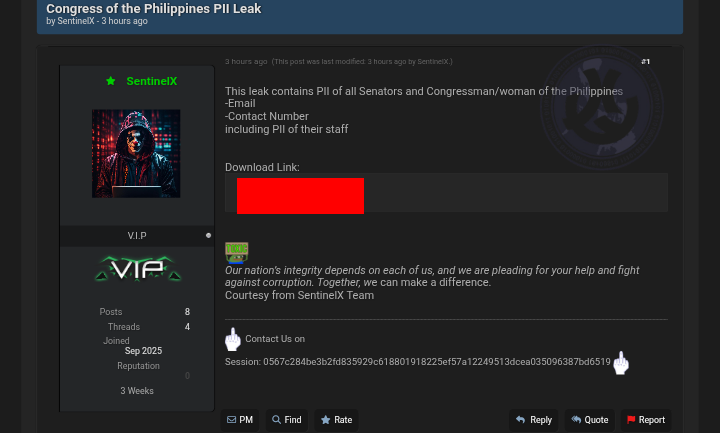Is a Filipino Darknet Market Brewing in the Shadows?
For years, the dark web has remained an elusive concept to many Filipinos, a buzzword often associated with hackers, cybercrime syndicates, or foreign drug markets. But what if I told you there’s a quiet, almost invisible movement brewing in the shadows, one that involves Filipinos building their very own darknet marketplace?
This all started with a post I stumbled upon on Dread, one of the most active forums on the Tor network. The post, written in casual Filipino, didn’t come across as sinister at first. In fact, it read more like a curious tech inquiry than a criminal proposal:
"Feasible kaya na maggawa tayo ng sarili nating dark net market?"
("Is it feasible to build our own darknet market?")
But as I dug deeper, I realized the weight of what I was reading. This wasn’t just idle curiosity. It was a call to action and people were listening.
Within that thread, other Filipino users chimed in. Some identified themselves as cannabis sellers, others offered Telegram handles, and a few even discussed how to bypass local shipping restrictions and customs controls. The conversation had already moved past if it could be done, it was now about how.
What made this more disturbing was how normalized it all felt. No paranoia, no cloak-and-dagger language. Just open discussions, written in Tagalog, about creating a Philippine-based underground market for illegal drugs, counterfeit documents, stolen data, and even sex work. These weren’t cybercrime kingpins talking, they sounded like everyday tech-savvy Filipinos, bored, frustrated, and hungry for opportunity.
And perhaps, that’s what makes it even more dangerous.
If this sounds like paranoia, consider this: In 2022, a Philstar article reported that nearly ₱1 billion worth of illegal items had already been sold through dark web marketplaces operating in the Philippines. According to the PNP Anti-Cybercrime Group, these sales involved everything from drugs and firearms to hacked government credentials and online sexual exploitation materials.
That was three years ago. Since then, tools have become more accessible, privacy has become easier to maintain, and mobile crypto platforms have made digital payments nearly seamless. If a Filipino darknet market wasn’t feasible in 2022, it very well might be today.
One major shift we’ve observed is the migration from Tor-based forums to encrypted chat apps like Telegram. Many users in the Dread thread casually exchanged handles, encouraging others to “add me on TG” for follow-ups. And on Telegram, we’ve seen it all, channels selling stolen GCash accounts, hacked SIM cards, fake IDs, even “escort services” coded in emoji.
The entry barrier is much lower than before. Unlike Tor, Telegram doesn’t require special browsers or technical know-how. This has made it the perfect gateway for low-level criminals and curious users to test the waters of underground trade. The market may no longer be hidden, it’s just one message away.
Let’s take a step back and look at the actual photos from that forum post. These aren’t theoretical arguments or abstract concerns, they’re real digital footprints showing just how localized this movement has become.
📷 Image 1: Forum Post on Dread – “Feasible kaya na maggawa tayo ng sarili nating dark net market?”
https://iili.io/FUgty1n.png
This post is simple, yet bold. Written in Filipino, it raises the question of whether a local darknet market is possible. But context matters: this isn’t Facebook or Reddit. This is Dread, an active Tor-based forum tied to drug trafficking, cybercrime, and illicit services. That makes the post a signal of serious intent, especially when paired with the growing number of responses. It’s a digital breadcrumb pointing to a shift in Filipino online subcultures, one that is no longer just lurking, but now attempting to build.
📷 Image 2: Responses in Filipino – Offers of Support and Real-World Application
https://iili.io/FUgtpqX.png
The replies are where theory turns into blueprint. Several users claim they’re already dealing in drugs and are eager to expand. One mentions “droga” distribution while others discuss crypto limitations and shipping logistics. This isn’t speculation but rather coordination. These comments reflect a real, working knowledge of underground operations, written casually, in our native language. It’s the normalization of cybercrime, Filipino-style.
📷 Image 3: Telegram Handle Exchanges and Coordination Attempts
https://iili.io/FUgttzN.png
Perhaps the most telling of all, this image shows users transitioning from Dread to Telegram which a now common tactic in modern cybercriminal ecosystems. Telegram offers anonymity with accessibility, making it the ideal place to organize without drawing too much attention. Handles are shared, services are offered, and roles begin to form. This is where chatter becomes action. And once these operations go private, they’re far harder to monitor.
So, Could a Pinoy Darknet Market Succeed?
From a purely technical perspective: yes. The tools are already in place: cryptocurrency, encrypted messaging, decentralized hosting, and shipping workarounds. But what’s emerging is a cultural shift, not just a technical one. Filipinos are no longer just passive observers of darknet spaces, they’re testing the waters, trading locally, and forming digital alliances.
The barriers limited to crypto access, lack of OPSEC knowledge, and potential law enforcement oversight.are still there. But the gap is closing fast. What was once considered impossible or “pang-Hollywood lang” is now just a Telegram group away.
What we’re seeing now may be the early phase of a Filipino-centric darknet ecosystem. And like many underground movements, it starts quietly. A thread here, a Telegram group there. But if left unchecked, it grows—fueled by desperation, opportunity, and the belief that no one is watching.
The signs are already visible. The voices are real. The intent is active. So the real question is: are we prepared to face what happens next?
Got tips, leads, or stories? Reach out to Deep Web Konek. Let’s uncover what others prefer to keep hidden.
